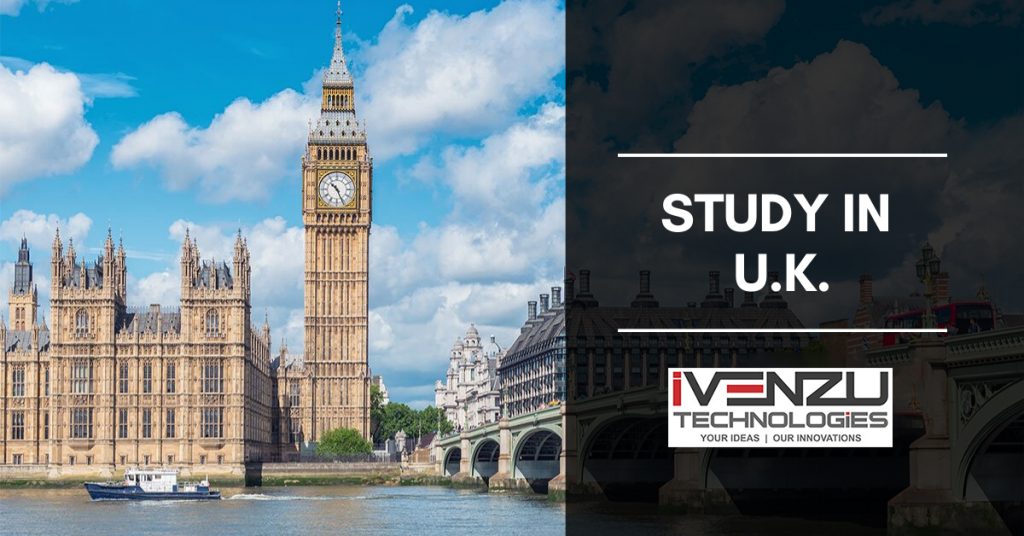Some people argue that zoos are cruel and unnecessary. Others believe that they are important for conservation and education. What is your view on this issue?
Support for Zoos:
- Conservation: Zoos play a vital role in conserving endangered species through breeding programs. This helps maintain genetic diversity and prevent the extinction of species on the brink.
- Education: Zoos offer educational programs that raise public awareness about the importance of wildlife conservation and the natural world. They can inspire people, especially children, to develop a deeper understanding of these issues.
- Research: Zoos often conduct valuable research on animal behaviour, health, and reproduction, contributing to our knowledge of these species and their needs.
Opposition to Zoos:
- Cruelty: Keeping animals in captivity is seen as inherently cruel, as it deprives them of their natural habitats, freedom, and opportunities for normal behaviours. Confinement in enclosures can lead to physical and psychological suffering.
- Ethical Concerns: There are ethical concerns about the treatment of animals in captivity, including questions about whether it is morally justifiable to keep animals in captivity for the entertainment of humans.
- Animal Welfare: Critics argue that zoos often prioritise profit and entertainment over the welfare of their animals. Issues like inadequate living conditions, lack of mental stimulation, and limited access to proper medical care are raised as concerns.
The essay presents these points to give a balanced view of the topic, acknowledging both the positive and negative aspects (conservation and education) associated with zoos (cruelty and ethical concerns). The essay concludes by emphasising the need for zoos to evolve to prioritise animal welfare while still contributing positively to conservation and education.
Model Answer:
In recent years, the role of zoos in our society has sparked a heated debate. While some argue that zoos are cruel and unnecessary, others believe that they play a crucial role in conservation and education. In my opinion, the existence of zoos is a complex issue, and their merits and drawbacks must be carefully considered.
On one hand, critics argue that keeping animals in captivity is inherently cruel. They contend that animals are deprived of their natural habitats and the freedom to roam and hunt. Furthermore, confinement animals in enclosures often results in physical and psychological suffering, leading to shorter lifespans and mental distress. This raises serious ethical concerns about the treatment of animals in captivity.
On the other hand, proponents of zoos assert that they serve a vital role in conserving endangered species. Zoos often participate in breeding programs that help maintain the genetic diversity of species on the brink of extinction. Moreover, zoos can raise public awareness about the importance of protecting wildlife and ecosystems. They offer educational programs that inspire people, especially children, to develop a deeper understanding of the natural world and the need for conservation.
However, it is essential to strike a balance between the goals of conservation and animal welfare. Zoos should prioritize the well-being of their resident animals, ensuring that they have adequate living conditions, mental stimulation, and access to appropriate medical care. Additionally, they must continue to invest in research and conservation efforts and collaborate with organizations dedicated to protecting wildlife in their natural habitats.
In conclusion, the debate over zoos is multifaceted, with valid arguments. While they undeniably have a role in conservation and education, zoos must evolve to prioritize the welfare of their animal residents. This will help alleviate concerns about cruelty and ensure that zoos can contribute positively to preserving our planet’s biodiversity and educating future generations. Ultimately, it is our responsibility to ensure that the benefits of zoos are achieved without compromising the well-being of the animals they house.
Vocabularies: 20 Words
This table provides information about each word, including its type, meaning, pronunciation, root, related words, word family, synonyms, antonyms, and example sentences.
| Word | Type | Meaning | Pronunciation | Root | Related Words | Word Family | Synonyms | Antonyms | Examples |
| Zoos | Noun | Facilities where animals are exhibited | /zu:z/ | – | Wildlife, Menagerie | Zookeeper, Zoology | Animal Parks | Natural Habitats | Many zoos have breeding programs for endangered species. |
| Conservation | Noun | The protection and preservation of nature | /kɒnsəˈveɪʃən/ | – | Preservation, Ecology | Conservator | Preservation | Exploitation | Conservation efforts aim to save endangered species. |
| Education | Noun | The process of imparting knowledge | /ɛdʒʊˈkeɪʃən/ | – | Instruction, Learning | Educate | Instruction | Ignorance | Zoos offer educational programs for visitors. |
| Cruelty | Noun | The quality of being cruel or inhumane | /ˈkruːəlti/ | Cruel | Inhumanity, Brutality | Cruelty | Inhumaneness | Kindness | Critics argue that zoos may involve animal cruelty. |
| Necessary | Adjective | Required or essential | /ˈnɛsəsəri/ | Need | Essential, Required | Necessity | Essential | Optional | Some people believe that zoos are not necessary. |
| Complex | Adjective | Involving many intricate parts or factors | /ˈkɒmplɛks/ | Complic | Complicated, Intricate | Complexity | Complicated | Simple | The issue of zoos is complex and multifaceted. |
| Captivity | Noun | The state of being confined or imprisoned | /kæpˈtɪvəti/ | Captive | Imprisonment, Confinement | Captive | Imprisonment | Freedom | Animals in zoos live in captivity. |
| Deprived | Adjective | Lacking essential needs or comforts | /dɪˈpraɪvd/ | Depriv | Impoverished, Needy | Deprivation | Impoverished | Abundant | Captive animals may be deprived of their natural habitats. |
| Suffering | Noun | Physical or emotional pain and distress | /ˈsʌfərɪŋ/ | Suffer | Pain, Agony | Sufferer | Pain | Happiness | Confinement can lead to physical and psychological suffering. |
| Ethical | Adjective | Relating to moral principles or values | /ˈɛθɪkəl/ | Ethics | Moral, Virtuous | Ethicist | Moral | Unethical | There are ethical concerns about animals in captivity. |
| Well-being | Noun | The state of being comfortable and healthy | /ˌwɛlˈbiːɪŋ/ | Well | Health, Comfort | Well-being | Welfare | Suffering | Zoos should prioritize the well-being of their animals. |
| Breeding | Noun/Verb | The process of producing offspring | /ˈbriːdɪŋ/ | Breed | Reproduction, Offspring | Breeder | Reproduction | Extinction | Zoos often participate in breeding programs. |
| Genetic | Adjective | Related to genes and heredity | /dʒɪˈnɛtɪk/ | Gene | Hereditary, Inherited | Geneticist | Hereditary | Non-genetic | Genetic diversity is important for species survival. |
| Diversity | Noun | Variety and differences among things | /daɪˈvɜːsəti/ | Divers | Variety, Range | Diverse | Variety | Uniformity | Maintaining genetic diversity is crucial for species. |
| Biodiversity | Noun | The variety of life in a particular ecosystem | /ˌbaɪoʊdaɪˈvɜːrsəti/ | Bio | Ecosystem, Variety | Biodiverse | Variety | Homogeneity | Biodiversity is essential for ecosystem health. |
| Awareness | Noun | Knowledge or perception of a situation | /əˈwɛr.nəs/ | Aware | Consciousness, Perception | Aware | Knowledge | Ignorance | Zoos raise public awareness about wildlife conservation. |
| Stimulation | Noun | Encouragement of development or activity | /ˌstɪmjʊˈleɪʃən/ | Stimul | Excitement, Activation | Stimulate | Excitement | Dullness | Captive animals need mental stimulation. |
| Evolution | Verb/Noun | The gradual development or change | /ˌiːvəˈluːʃən/ | Evolve | Development, Progress | Evolutionary | Develop | Stagnation | Zoos must evolve to prioritize animal welfare. |
| Collaboration | Noun | Working together for a common purpose | /kəˌlæbəˈreɪʃən/ | Collab | Cooperation, Partnership | Collaborate | Cooperation | Isolation | Zoos should collaborate with wildlife protection organizations. |









